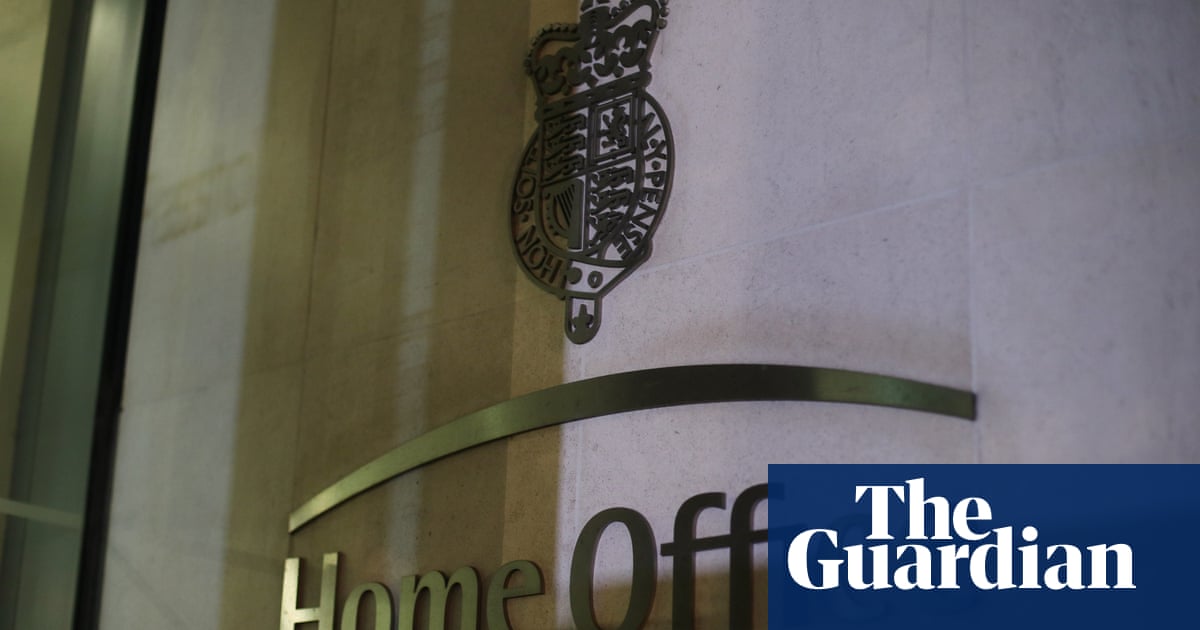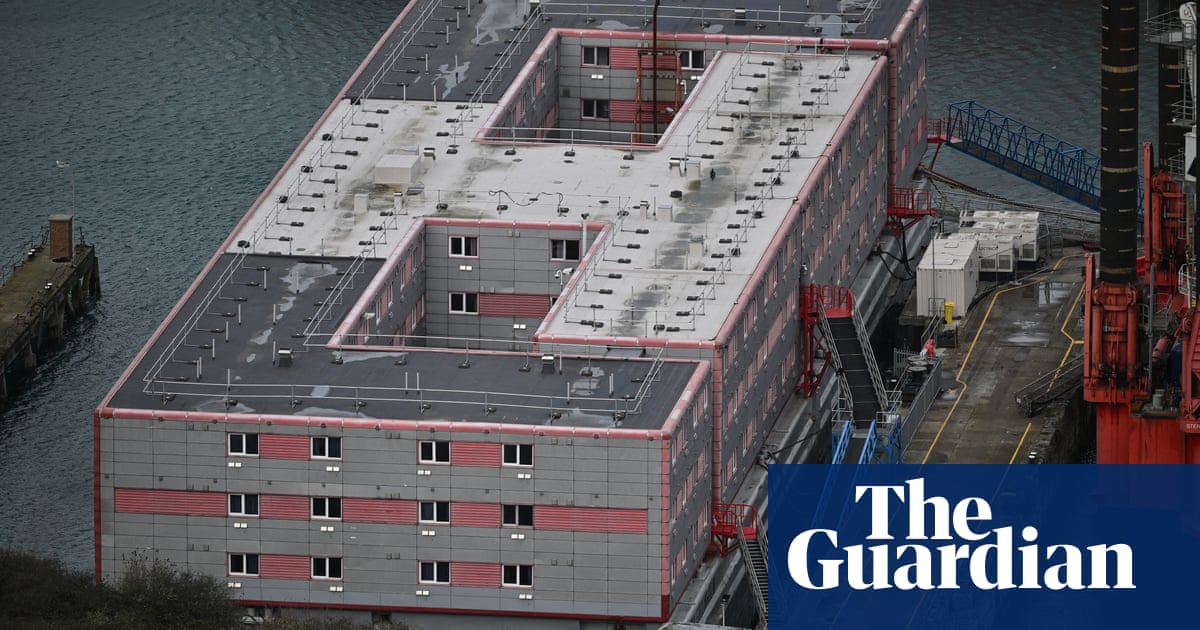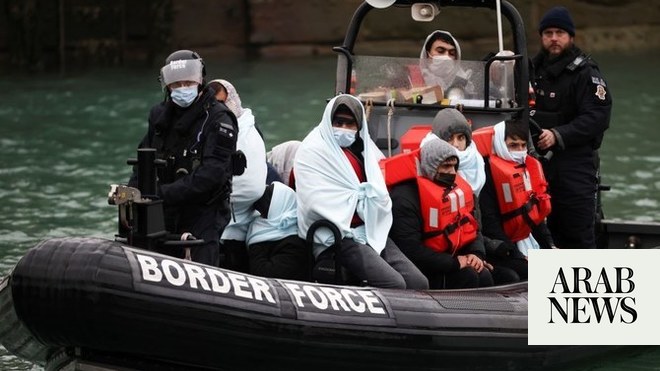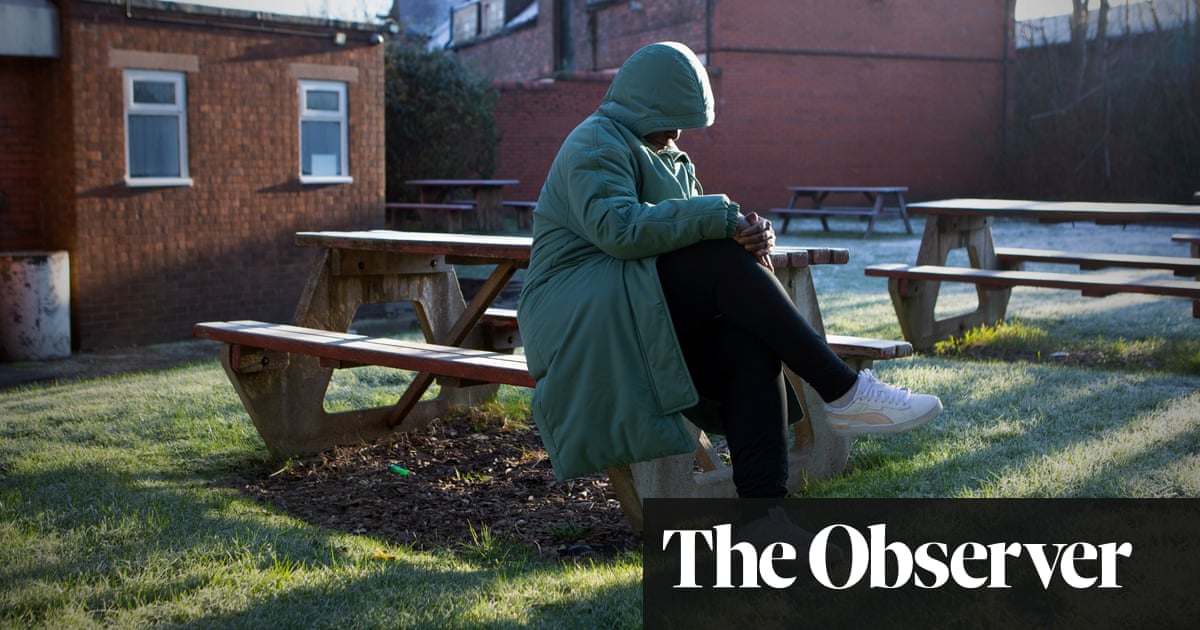
A damning inspection report has found multiple failures in the Home Office’s system for awarding care worker visas, including 275 granted to a care home that did not exist.
The report found the whole regime of allowing care homes to sponsor visas to bring in workers from overseas was “shocking” in its implementation, and the net effect was “a system that invited large numbers of low-skilled workers to this country who are at risk from exploitation”.
The report was produced by David Neal, who was sacked as the chief inspector of borders and immigration last month after he was embroiled in a row with the government over concerns he was raising about the Home Office.
The Home Office published two outstanding reports from Neal on Tuesday, including the scathing verdict on its sponsor licensing regime for care worker visas.
Neal’s report sets out “the consequences of the Home Office’s limited understanding of the social care sector, its underestimation of demand for the care worker visa, the inappropriateness of its sponsor licensing regime for low-skilled roles, and the mismatch between its meagre complement of compliance officers and ever-expanding register of licensed sponsors”.
The report said it was inappropriate to have copied a scheme that worked for largely compliant sectors and applied it to a high-risk area, saying that “migration into an atomised and poorly paid sector is miles away from the recruitment of highly skilled workers being sponsored by multinational”.
It concluded this “should have been obvious to Home Office policymakers” and highlighted that there was just one compliance officer for every 1,600 employers licensed to sponsor migrant workers, with a huge rush of more than 132,000 visas granted – in contrast to the estimate of 6,000 to 40,000 forecast to apply.
Neal drew attention to the case of 275 certificates of sponsorship granted to a care home that did not exist, and 1,234 certificates granted to a company that stated it had only four employees when given a licence.
“In just these two examples, up to 1,500 people could have arrived in this country and been encouraged by a risk of hardship or destitution to work outside the conditions of their visa,” the report said.
In its response, the Home Office said its scheme had successfully allowed migrant workers to fill the “reported 160,000 vacancies in the care sector and meet the objectives of the Department of Health and Social Care in using care facilities to facilitate the discharge of individuals from NHS wards to ease winter pressures”.
It added: “Unfortunately, some bodies operating within the adult social care sector, or masquerading as doing so, abused this opportunity. The Home Office identified these abusive practices at the earliest opportunity despite the operational focus on the Ukrainian response, commissioning focused compliance activity as early as June 2022.
“The government has, and will continue to, implement robust measures to stem non-compliance. As with all our policies, we will keep them under close review and if needed, we will not hesitate to go further.”
A second report by Neal’s inspectorate into London City airport found “a significant risk to security at the border”, although the number of high-risk flights met by border staff was redacted.
The report said: “This needs to be addressed by the Home Office as a matter of urgency. Guidance designed to keep the country safe directs that all GA (general aviation) flights identified as high risk are met by Border Force staff, except in exceptional circumstances. At LCY, only [redacted] were met in 2023. Guidance also directs that a third of low-risk flights are met. Only [redacted] were met at LCY in 2023. This is shocking and something is clearly very wrong.”
In its response, the Home Office said the report had given a “misleading picture of performance which national leads had already identified and were seeking to address and is an issue which merited clarification prior to the inspection concluding”.
Last month, the Home Office published in one day 13 reports written by Neal’s borders inspectorate. One of the reports revealed that the department had launched an inquiry after staff made unaccompanied asylum-seeking children play a game in which they had to guess who would be the next one to be placed in foster care.
It also found that agency workers employed to look after children as young as nine had received “insufficient” background checks and training.












